Subscribe to be the first to hear about new RE:source content and to receive the Rockefeller Archive Center’s quarterly newsletter.
New
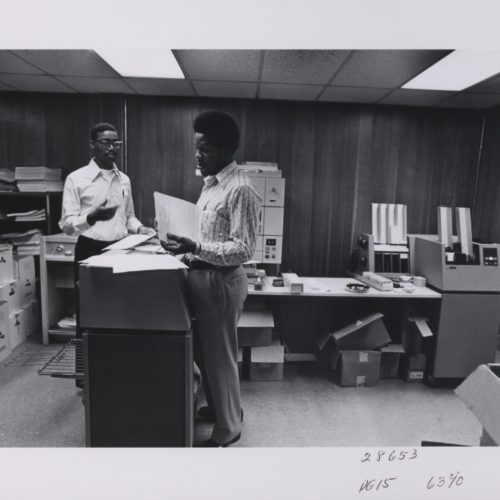
New Research: Ford in Switzerland, Environmental Peacebuilding, 1920s Anthropology, and the Beijing UN Women’s Conference
This edition’s set of reports reflects researchers’ studies accessing the records from the Ford Foundation, the Rockefeller Foundation, the Trust for Mutual Understanding, and the Social Science Research Council.
Recently Published

American Fabric: The Ukrainian Needlecraft Guild and “Americanization” in the Progressive Era
The People’s Institute and the Ukrainian Needlecraft Guild offer a lens through which to examine the entanglement of Progressive Era reform, immigration, labor, and early twentieth-century philanthropy.
More on Philanthropy in the Progressive Era
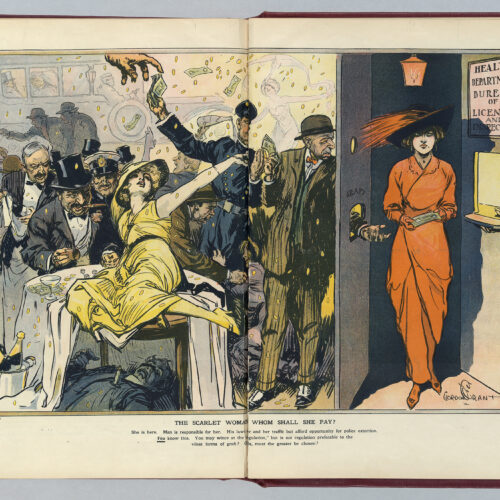
Sex Problems as Social Problems: The Bureau of Social Hygiene, 1911-1934
When Dr. Katherine Bement Davis was named general secretary of the Bureau in 1917, her appointment transformed the organization to take into deeper account women’s sexuality.
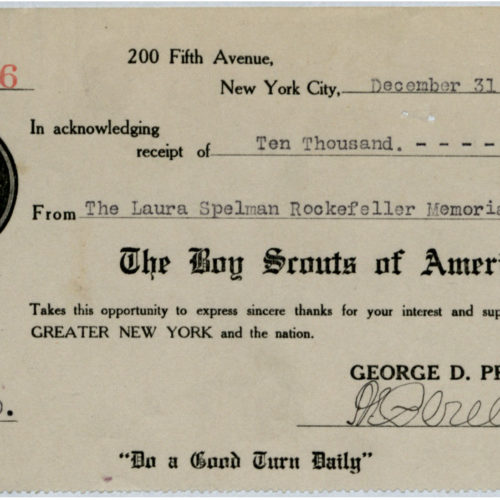
Legitimizing the Social Sciences: The Laura Spelman Rockefeller Memorial in the 1920s
What began as a philanthropic fund to honor its namesake became an early force in the social sciences.
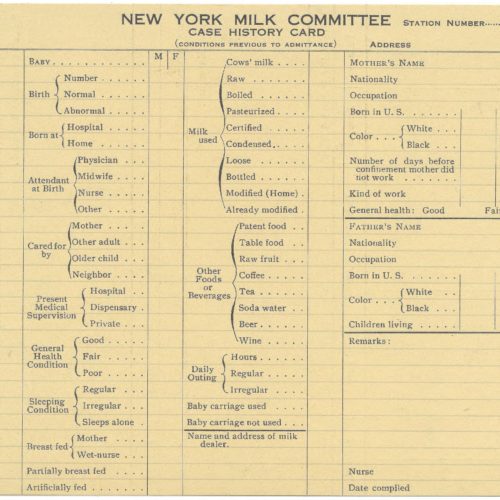
Sour Milk: Preventing Infant Mortality with Public Health
Philanthropy’s role in cleaning up the milk supply prompted better federal food safety protections.

“For Initiative and for Experiment”: The International Education Board, 1923-1938
Incorporated in 1923 with funding from John D. Rockefeller, Jr., the IEB built a major scientific network in Europe and the US in only five years.

The Women Pioneers of Global Nursing Education Who Built the Rockefeller Foundation Program
A massive program in nursing education extended to 53 schools across the globe. But it never became a top priority of the foundation that supported it.
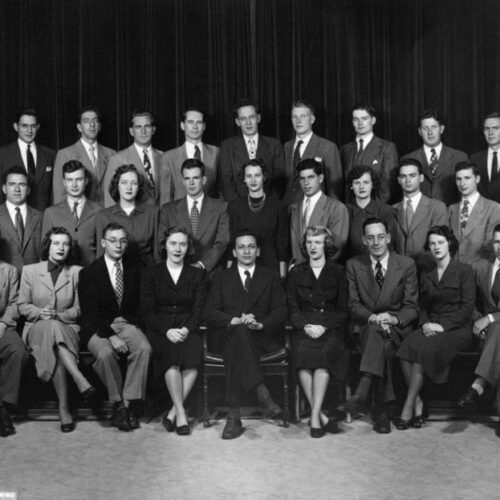
Philanthropy and Good Government: The Rockefeller Foundation and Public Administration
Partnering with public agencies to encourage efficient administration in state, county, and local governments.

Public Health: How the Fight Against Hookworm Helped Build a System
A hundred years ago, hookworm disease was an epidemic across the US South. Northern philanthropy tried to help.
In Case You Missed It
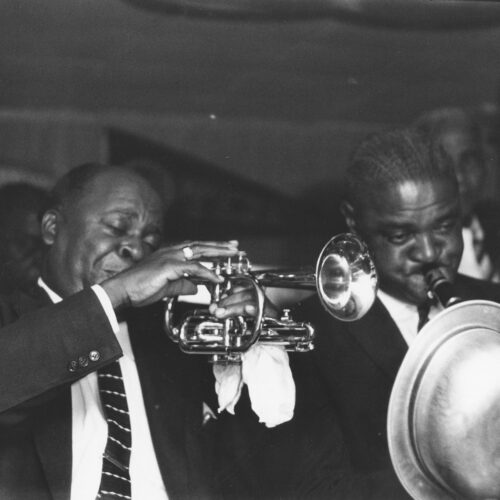
Timeline: Ford Foundation Support for Creativity
In this timeline, we will follow the path Ford Foundation programs took from the early beginnings to the end of the twentieth century. By no means comprehensive, this selection of grants, large and small, demonstrates the breadth and evolution of funding creativity over the decades.

Philanthropy, Art, and Cultural Diplomacy: Nelson Rockefeller and the Case of the Guatemalan Stela
In 1970, Governor Nelson Rockefeller and the Museum of Primitive Art found themselves at the center of a delicate diplomatic negotiation over an allegedly stolen piece of Mayan art.
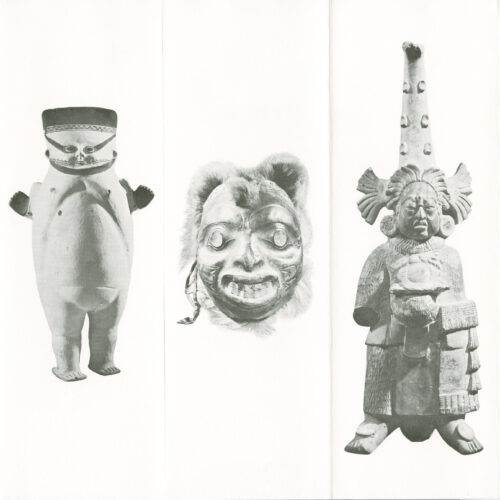
“Opening Up New Worlds”: Nelson Rockefeller’s Quest to Redefine “Primitive” Art
Nelson Rockefeller’s personal collection of indigenous art – and the museum he founded to share it – would eventually become a vital addition to the Metropolitan Museum of Art’s “encyclopedic” collection.

Of Snails and Self-Infection: Claude Barlow’s Fight against Schistosomiasis during World War II
How one Rockefeller scientist walked the edge of ethics, endangered himself and offended colleagues to move research forward
Explore Photo Essays
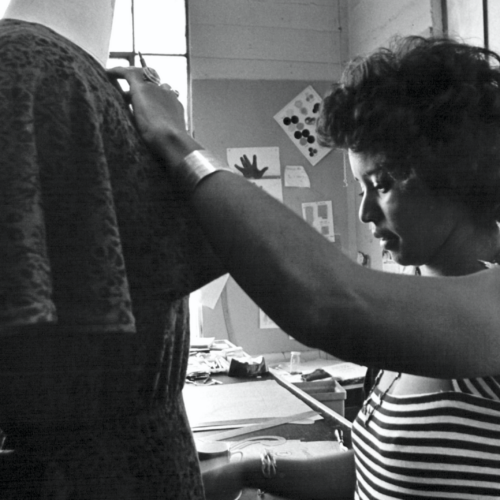
Photo Essay: Supporting Minority Enterprise in the late 1960s
In 1968, the Ford Foundation began to make social investments using a new tool borrowed from the for-profit world, the Program-Related Investment.

Photo Essay: The Rockefellers, National Parks, and Public Lands
The nation’s parks, perhaps our most remarkable public resource, have a history of development through private giving.

Photo Essay: Radburn, New Jersey – the Town for the Motor Age
Philanthropy helped architects and planners create a new kind of suburban community in the 1920s.
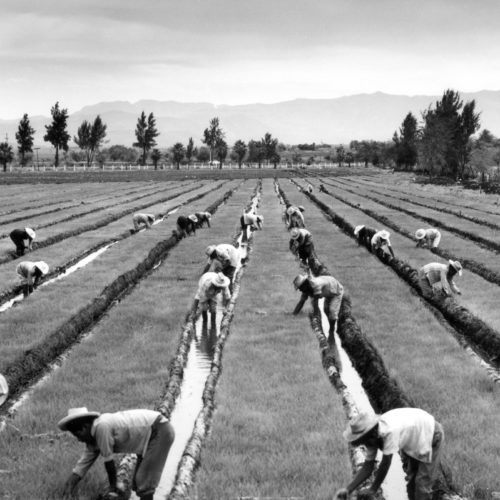
Photo Essay: Mexico and the Launch of the Green Revolution
One foundation’s program in Mexico created the blueprint for ending hunger worldwide.
RE:source is a publication of the Rockefeller Archive Center. We share stories, photo essays, timelines, educational resources, and updates on new research in our archival collections.
